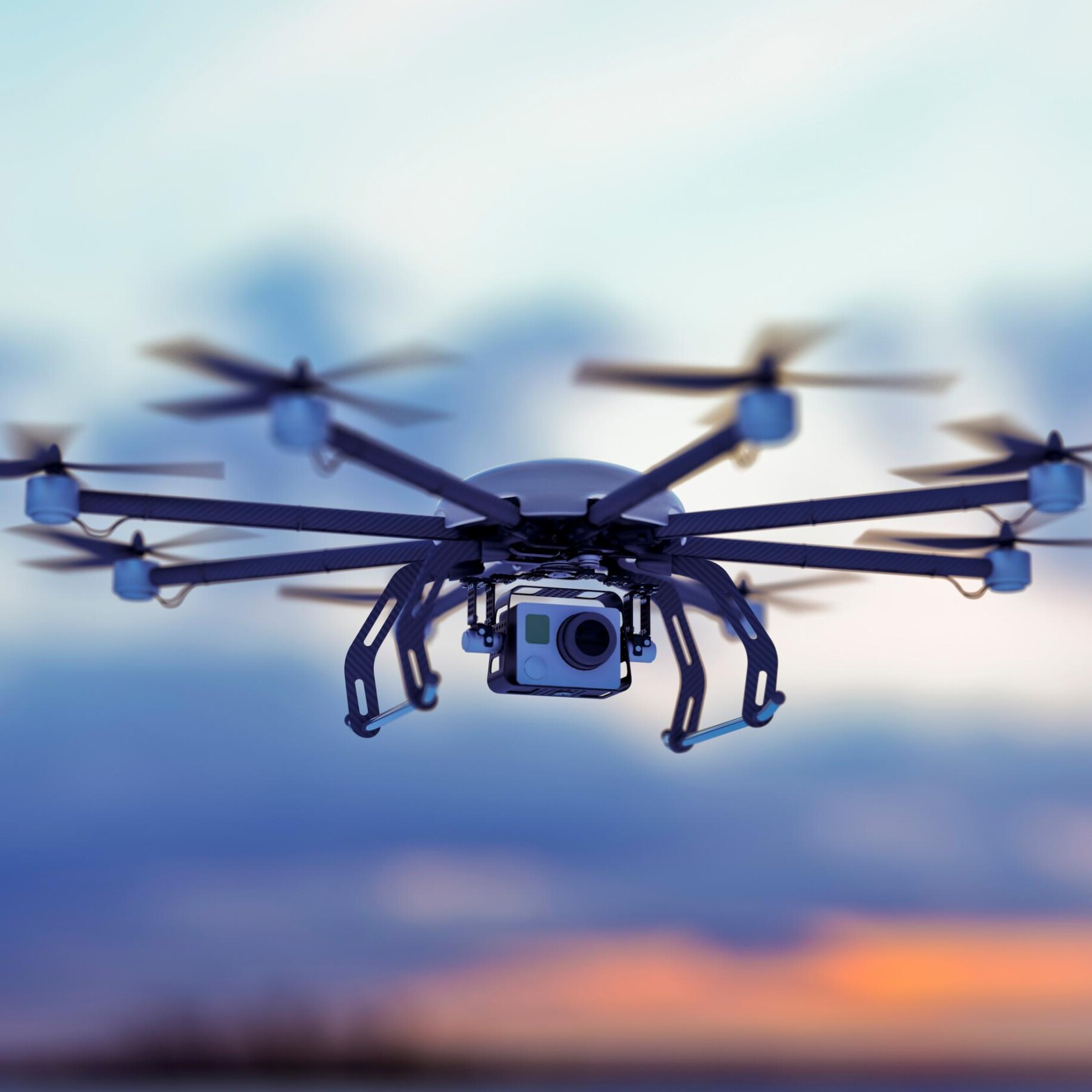
In early 2016 a group of well-meaning Wisconsin legislators introduced legislation designed to allow local municipalities to regulate the use of drones in their given communities and to create a penalty enhancer for crimes committed when using a drone. Our Wisconsin Public Affairs team was hired by the Consumer Technology Association (CTA) to engage with legislators and forestall any action at the state level in favor of federal regulation. As explained below, federal regulation, rather than at the state or local level, may be better for manufacturers.
We worked quickly to dispel misconceptions about drones, share information on the many legitimate commercial and private uses for this emerging technology and to help legislators better understand what was happening on a federal level relating to new rules from the FAA.
Why the Misconceptions?
As drones have moved beyond just hobbyist use, the industry has been proactive in addressing legitimate concerns about privacy, safety, security and the need for air traffic separation. All across the country stakeholders are coming together to work with the FAA, law enforcement and others to ensure the safe deployment of these important tools.
Why should manufacturers care?
As issues regarding battery life and line-of-sight control continue to be addressed with new technological progress, we will see even more commercial deployment of drones. New uses include data gathering, delivery of physical goods, weather tracking, 3D mapping, firefighting, inspection of infrastructure and so much more. Because of the ever expanding range of uses, manufacturers need to ensure that any new regulation is done in a way that does not unnecessarily restrict future uses. It is also in their best interest to ensure that there is a uniform regulatory framework across the nation, rather than a patchwork of state and local regulations to navigate.
Why are state and local elected officials rushing to pass laws impacting this new technology?
The answer is partly the slow pace of federal regulation. However, many experts believe that it is important that federal regulation be done slowly and methodically, with ample stakeholder input. Doing it right and doing it quickly can be mutually exclusive goals. The downside is that this perceived vacuum can lead to state and local action that will only provide further barriers to the growth of this field.
In Wisconsin this spring, after intense debate and a proactive education campaign, legislators from both sides of the aisle agreed that more information and discussion was necessary before they begin to regulate this important technology and growing industry. CTA’s engagement was key to this result. Similar proposals are being considered across the nation. If you have an interest, in the future of drones, now is the time for you to become involved as well.
